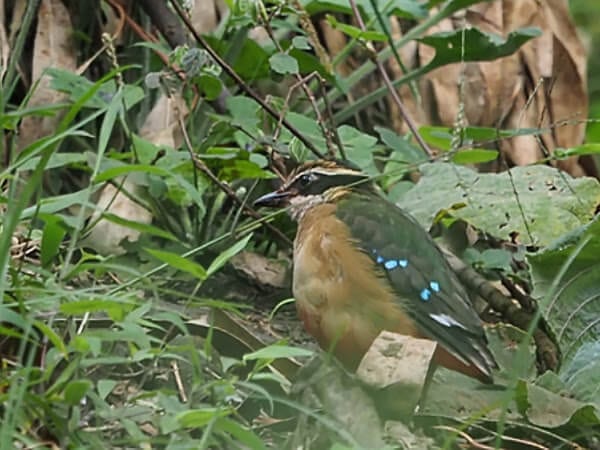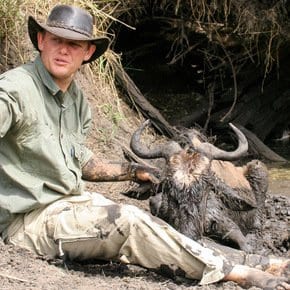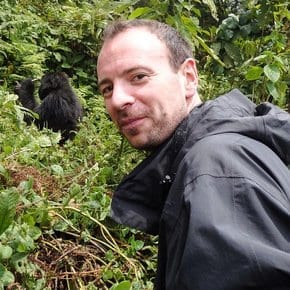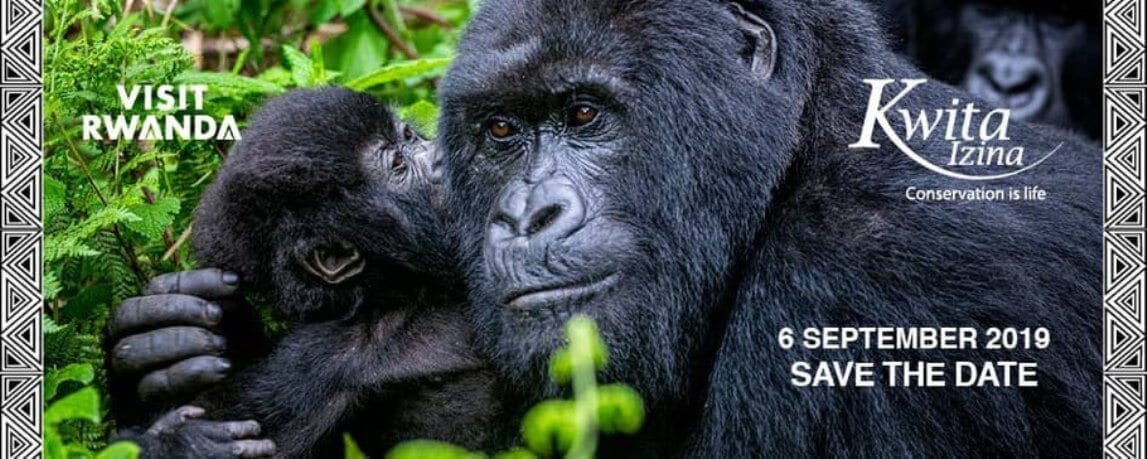
Rwanda Gorilla Naming Ceremony with Tailormade Africa
August 29, 2019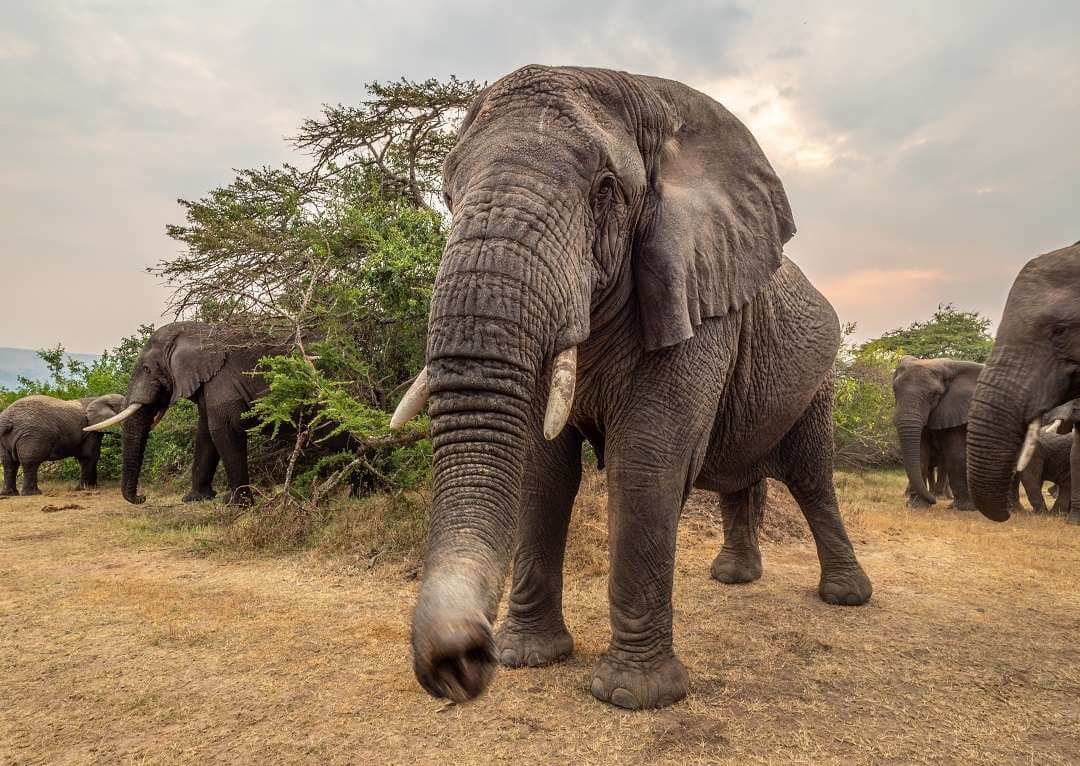
Incredible Wildlife Images from Magashi Rwanda
September 27, 2019
Rwanda Gorilla Naming Ceremony with Tailormade Africa
August 29, 2019
Incredible Wildlife Images from Magashi Rwanda
September 27, 2019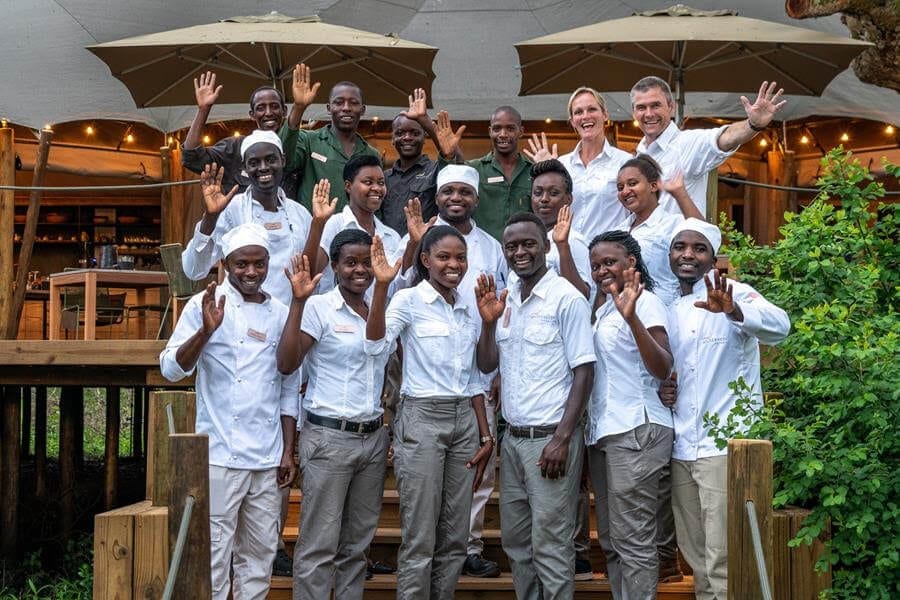

From Magashi Camp in Akagera National Park to Bisate Lodge in Volcanoes National Park, Wilderness Safaris are proud to be investing in tourism in Rwanda and making it a better place for all.
With this new offering from Wilderness Safaris, you can now experience gorilla trekking and savannah safaris in one trip when you visit Rwanda. There are also more exciting developments coming in the near future, so we’re pleased to bring you this timely update with all the current Rwanda news.
Magashi open for guests
After months of construction, décor and design, game-drive loop creation, procurement, recruitment, training, unpacking, cleaning and constantly pushing the deadline, it all came together. Magashi Camp opened for guests on 1 May 2019, a truly proud moment for Wilderness Safaris!
When a new camp opens the first guests impressions are never forgotten. May and June were truly memorable, as Magashi had some of the best wildlife sightings imaginable, great evenings around the campfire with traditional stories shared by staff, boat cruises – with and without fishing – and many “wow”, “amazing” and “stunning” comments from those first visitors.
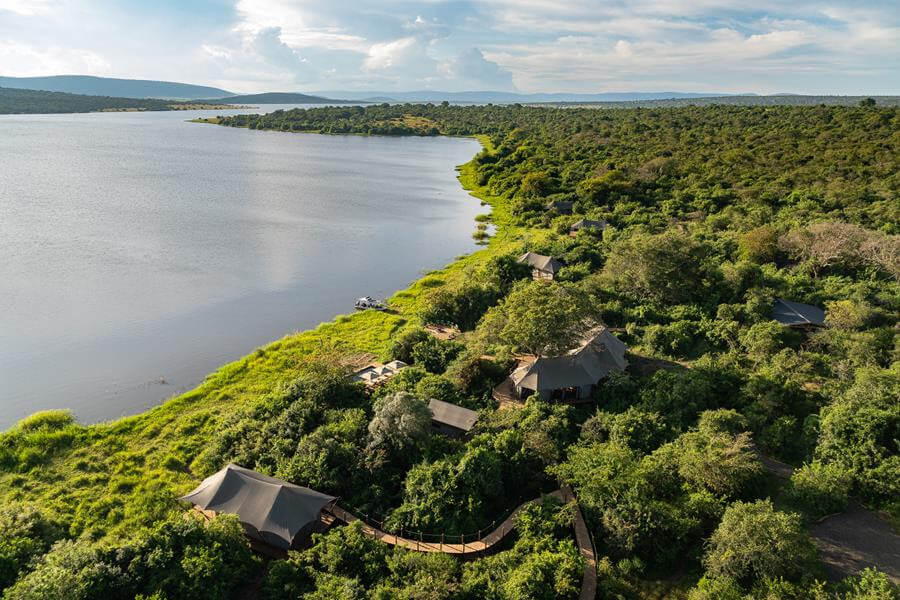
Magashi is a film and photography hotspot
The film and photography taken by the marketing gurus in preparation for Magashi's marketing material, captured the prolific wildlife Magashi and Akagera National Park has to offer. It is one of the ultimate travel and wildlife photography must visits.
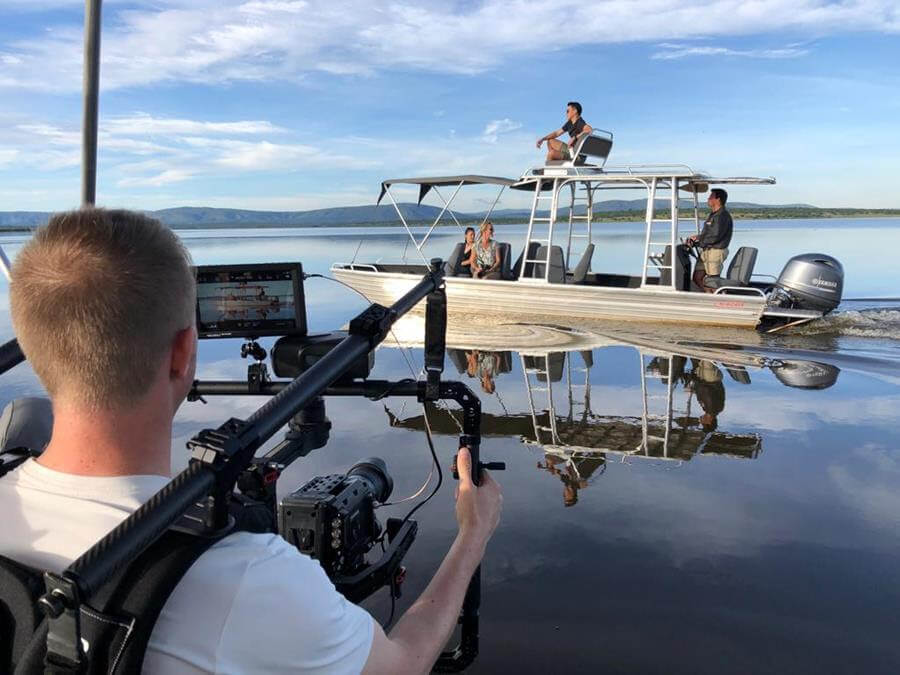
Training & skills transfer at Bisate and Magashi
Before the opening of Magashi, and during the quieter months at Bisate, different training sessions with the staff was organised. The staff completed chef training, service training, emergency response training and wine training. The chef training was probably the most rewarding with the tasting of every single dish! Everything on the menu is delicious, with fresh ingredients and some of the best Rwandan flavours.

Reforestation at Bisate Lodge
A marked change in the vegetation over the last period can be seen in and around Bisate Lodge. This is partially due to the weather, and partially due to the agronomy team at Bisate. The nursery team is always busy de-weeding the seed beds and wrapping seedlings into individual pockets, some of which are made out of bamboo bark. The seedlings grow well in the nursery, but so do weeds!
Bisate's nursery currently has about 20 000 individual seedlings, consisting mainly of hagenia, dombeya, neuboutonia, lobelia, monospora and bamboo.
The other half of the agronomy team has been very busy tending to the already planted saplings on the property. They remove weeds and add manure as a natural fertiliser. Some of the saplings have grown over two metres in one year!
The quick growth-rate of indigenous vegetation, combined with less and less alien vegetation, is the reason for some of the flagship mammal species – such as golden monkey, bushbuck and tree hyrax – returning to the area. Bird species such as white-starred robin, slender-billed starling, cinnamon bracken warbler and Rwenzori batis have also now been recorded.
Bisate Lodege have officially planted over 22 000 indigenous saplings on the property. Knowing that the next generation of saplings are growing in the nursery is very reassuring, as it means these will be ready to plant again with the next rains!
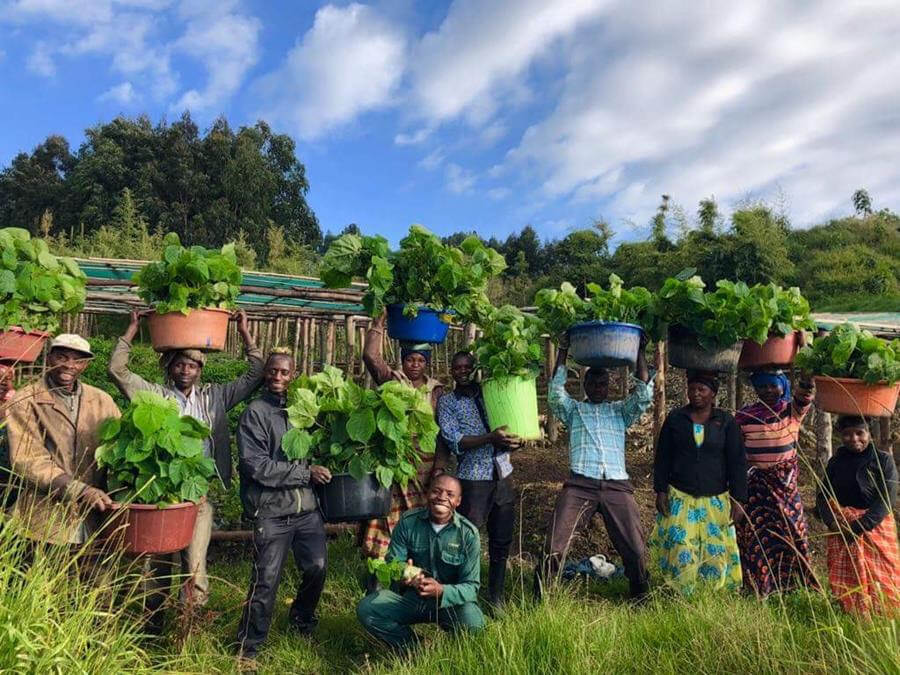
Children in the Wilderness at Bisate Primary School
Children in the Wilderness (CITW) partnered with the Bisate Primary School to run two successful Eco-Clubs on a weekly basis. Sixty children are part of the Eco-Clubs run by the voluntary Eco-Mentors.
Bisate recently had the pleasure of hosting all members of the Eco-Clubs, together with members of the local government, such as the vice-mayor of Musanze and the director for Education for the Northern Province, at a tree-planting event. The purpose of the visit was to add more saplings to the already existing ‘Eco-Club Forest’. These children will make great custodians of Volcanoes National Park one day.
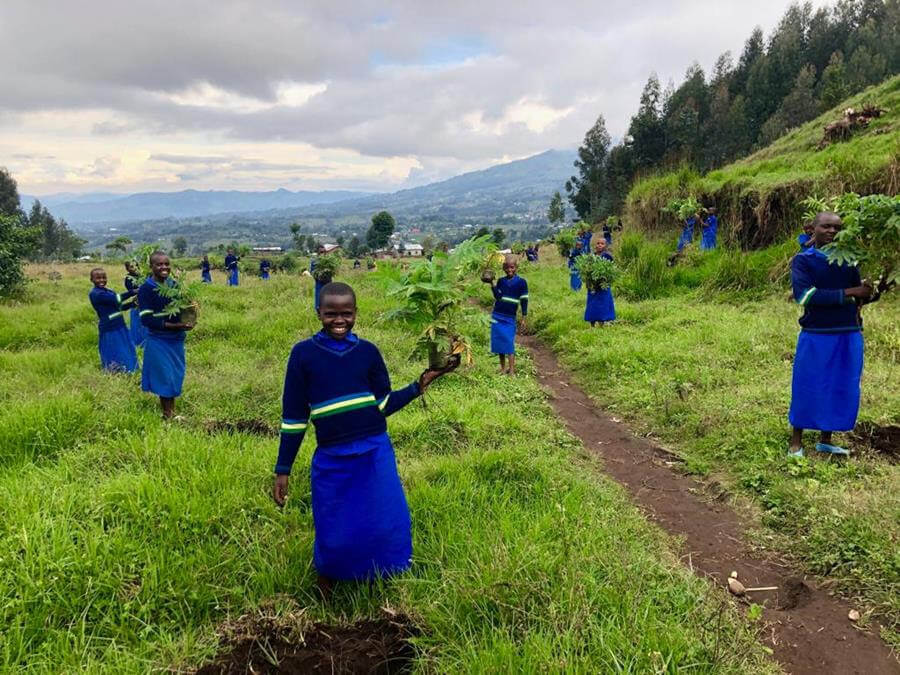
Technology in aid of coservation at Magashi Camp
In conjunction with the African Parks operations team, Wilderness Safaris are currently in the process of developing a data capturing system. They will be assisting with inputting locations, as well as the movements of the lions and leopards found on the Magashi concession. This will give guests the opportunity to get involved with crucial data, which will provide valuable insight into the overall dynamic of the lion prides and leopards of Akagera National Park.
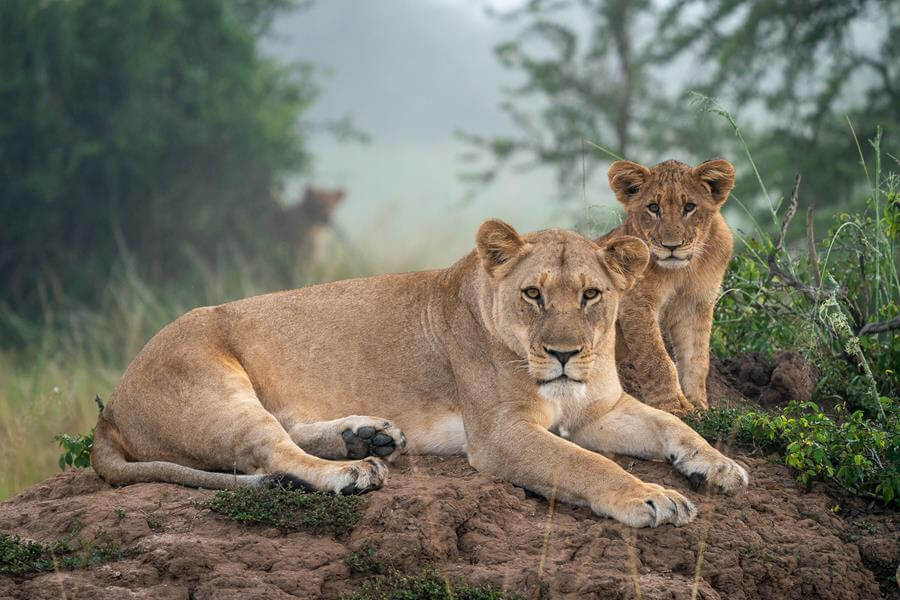
Black Rhinos adjusting well to Akagera National Park
The five eastern black rhinos, which were donated from Europe and relocated into Akagera National Park in June are adjusting well to their new surroundings. The multiple partners involved with the operation worked tirelessly to get the rhinos into Rwanda safely, and they are being monitored over the next few months in a secure boma within the park.
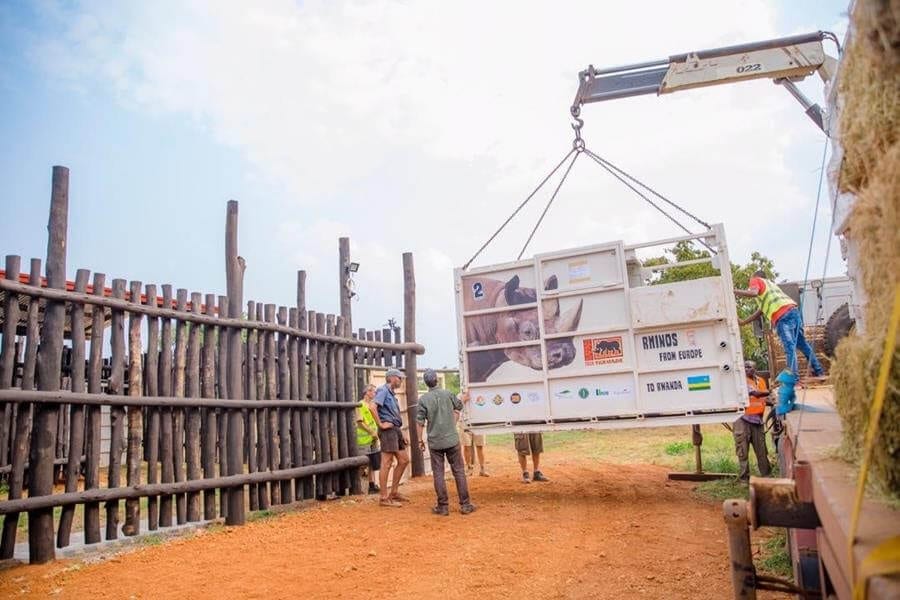
Bisate Lodge hosts bee-hives
In the past couple of weeks Wilderness Safaris have been able to start an exciting new initiative at Bisate Lodge. The Tuzamurane Co-operative is one of the local co-operatives that they work in conjunction with the most. The co-operative helps them with reforestation projects and in procuring the best locally sourced fresh goods from the community.
Bisate Lodge has recently been able to empower this co-operative to start their own bee-keeping project, which will all take place on the property. Wilderness Safaris provided the capital so that the co-op was able to buy their own beehives, which have now been installed on Bisate's property. The first bee-hives are kept using the ‘traditional’ method, and once the colonies grow they will be transferred into ‘modern’ bee-hives, which will ensure maximum productivity.
The co-operative owns and manages this project independently and Bisate and its guests will provide a platform where the honey can be sold, with all profits going to the co-operative. The bees will also encourage biodiversity through their pollination, which should also help to accelerate the reforestation programme.
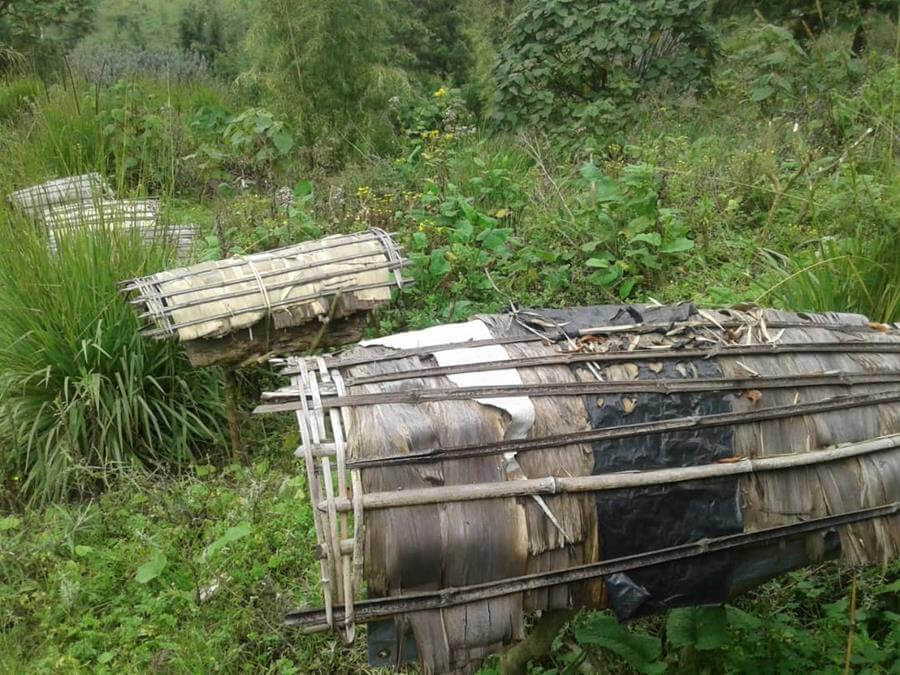
Wildlife sightings at Magashi
On their very first morning game drive Magashi's first guests were rewarded with the discovery of four tiny new, six-week-old lion cubs. What made it even better was that they could spend a lot of quality time with them, and since seeing them that first time, have been able to find them almost every day. The lion sightings have been mainly of the Amahoro Pride, consisting of three females and eight cubs. The cubs are growing well, and are very inquisitive around the vehicle, often coming closer to inspect it whilst mom is lying nearby, fast asleep. The three dominant male lions make their weekly patrols around Magashi, moving in and out of the concession.
Plenty of elephant and general game sightings with large herds of Zebra to the north. Boat safaris delivered buffalo, hippo, impala, giraffe and warthogs. The loud cry of fish-eagles a plenty and even elephants swimming close to camp.
Other interesting sightings include: Hyena, porcupine, blotched genet, Egyptian mongoose, eland, olive baboon, white-tailed mongoose, hooney badgers, Senegal galago and crested porcupine.
Bird calls and sightings are very common in Magashi with Akagera playing host to more than 500 different species of bird. Some notable sightings were; black-headed gonolek, chatty white-browed robin-chat, ross's turaco, palm-nut vultures, european honey buzzard, red-faced barbet, papyrus gonolek, swamp flycatcher, grey krestel and Ruaha chat.
The guides and trackers have also managed to confirm the positive identification of four new leopards, which brings the total to 14 leopards identified on the Magashi Concession. Leopards have been consistently seen over the past weeks.
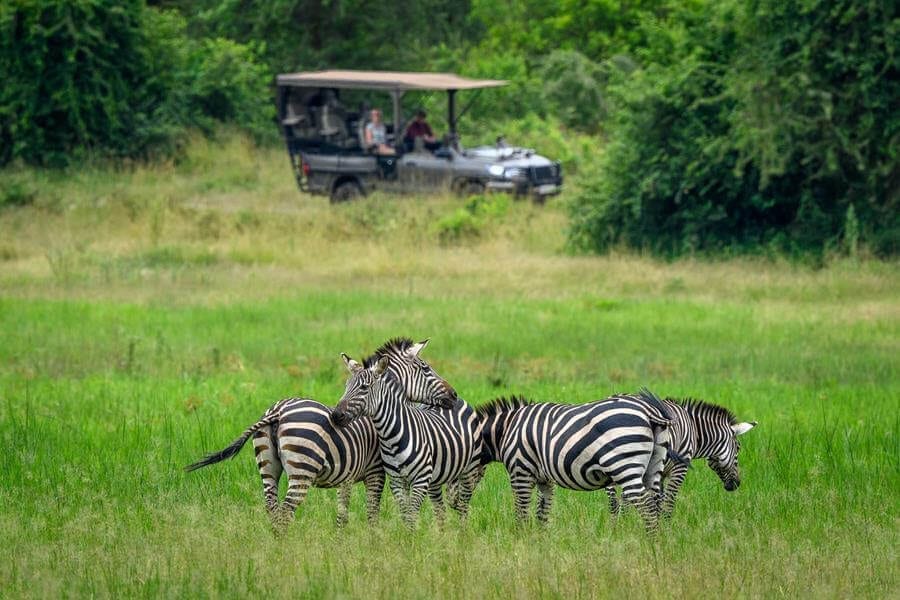
Wildlife sightings at Bisate
The camera-trap project at Bisate Lodge is still going strong, it seems the side-striped jackal family is faring amazingly well, with last year’s litter close to reaching maturity. When they do, the young adults will surely disperse and the territorial adult male and female will reproduce again. Perhaps they will use the Bisate crater again as a den site.
Intermittent sightings by the agronomists and security team of serval, Egyptian mongoose, tree hyrax and golden monkey also offer reassurance that the regeneration of indigenous trees continues to go well.
The most incredible sighting of the season however, goes to a bird. On almost exactly the same day as last year, an African pitta was spotted at Bisate. These birds are intra-African migrants that use the Albertine Rift as a migration passage, largely migrating at night. They then spend the day resting in leaf litter in forests, which is exactly where this individual was spotted. Bisate manager Hadley actually saw the bird sitting outside the office and was lucky enough to snap a picture below.
